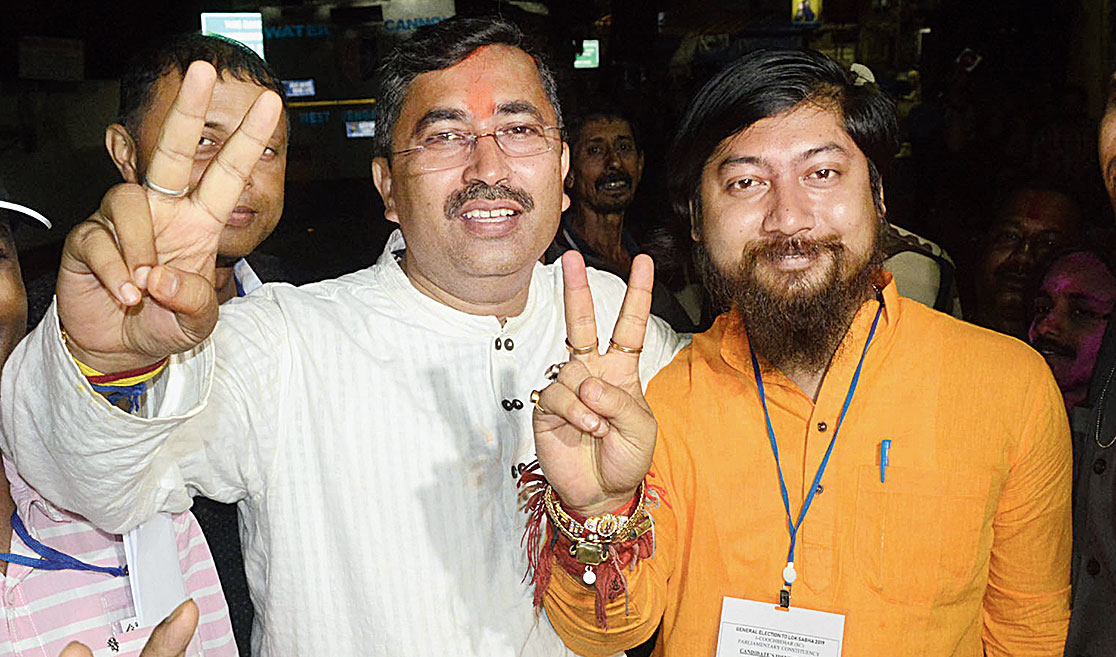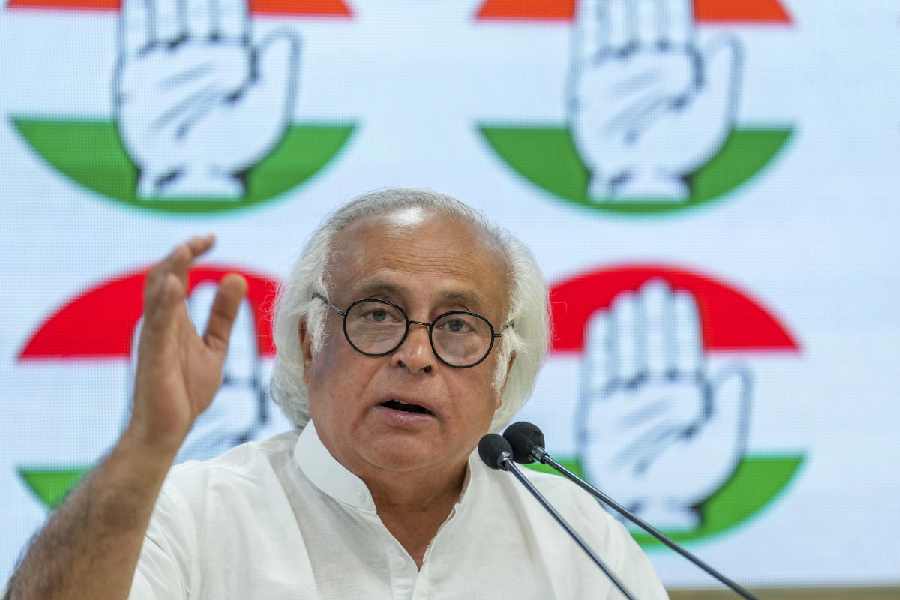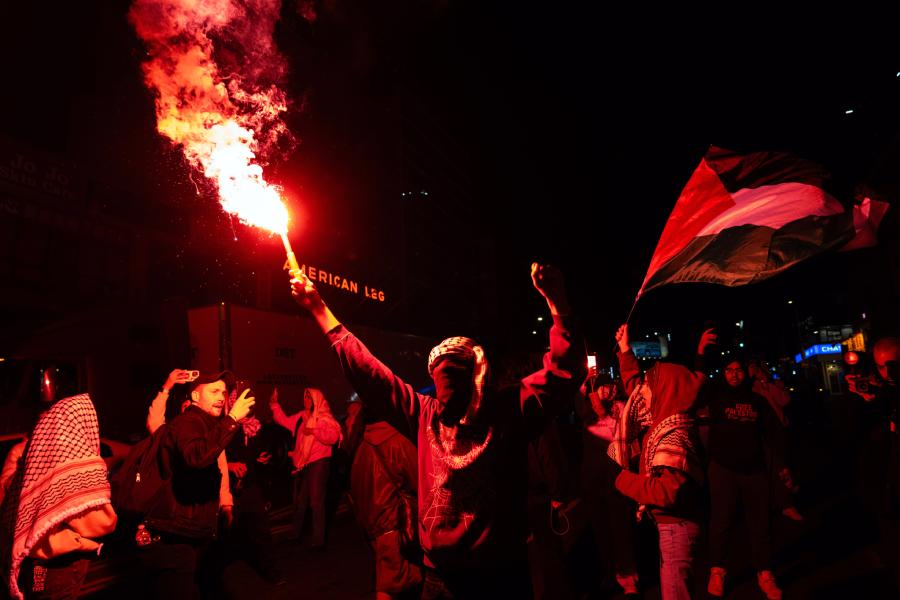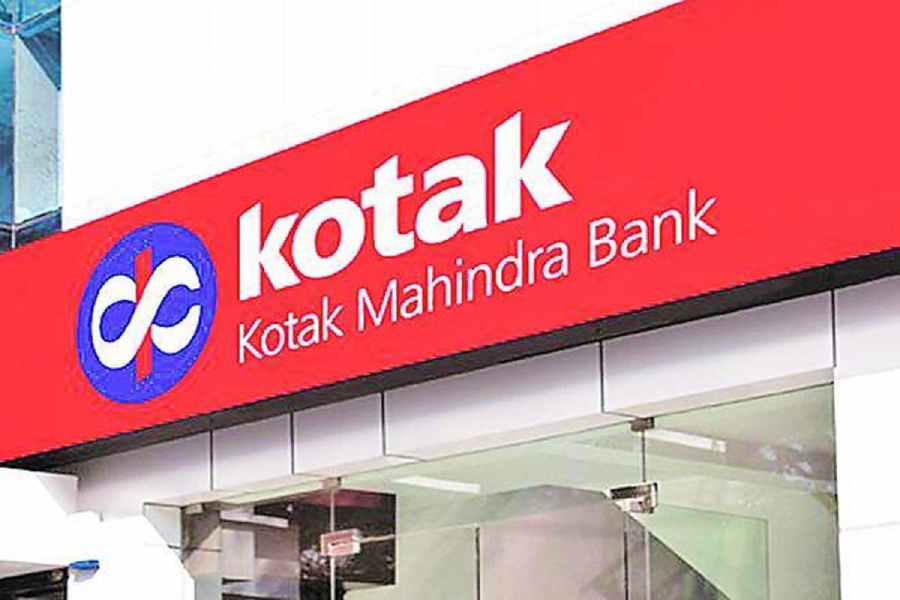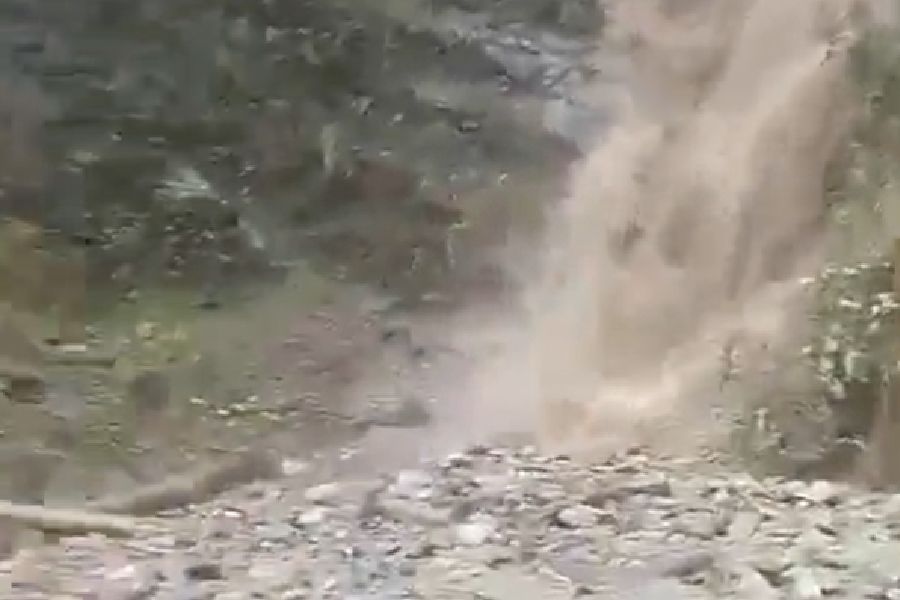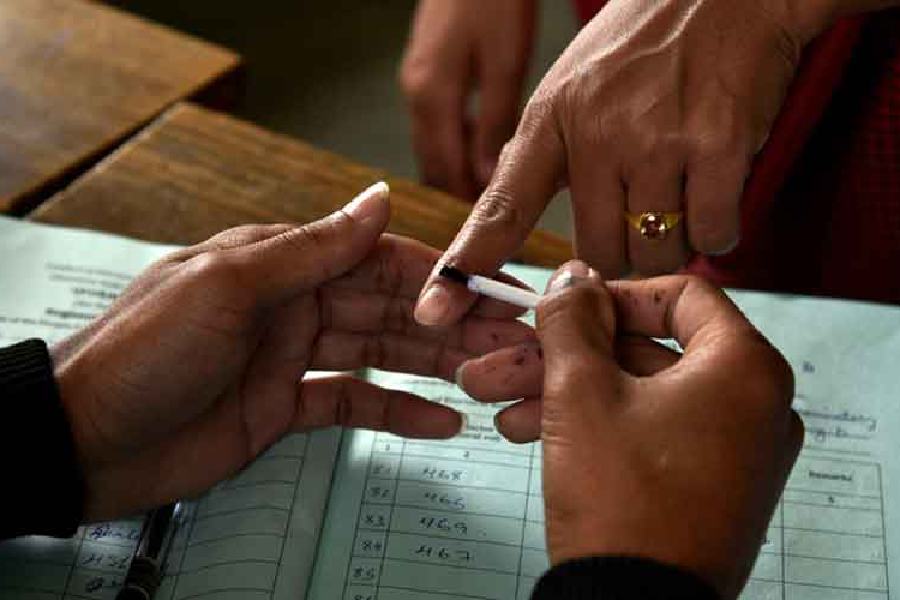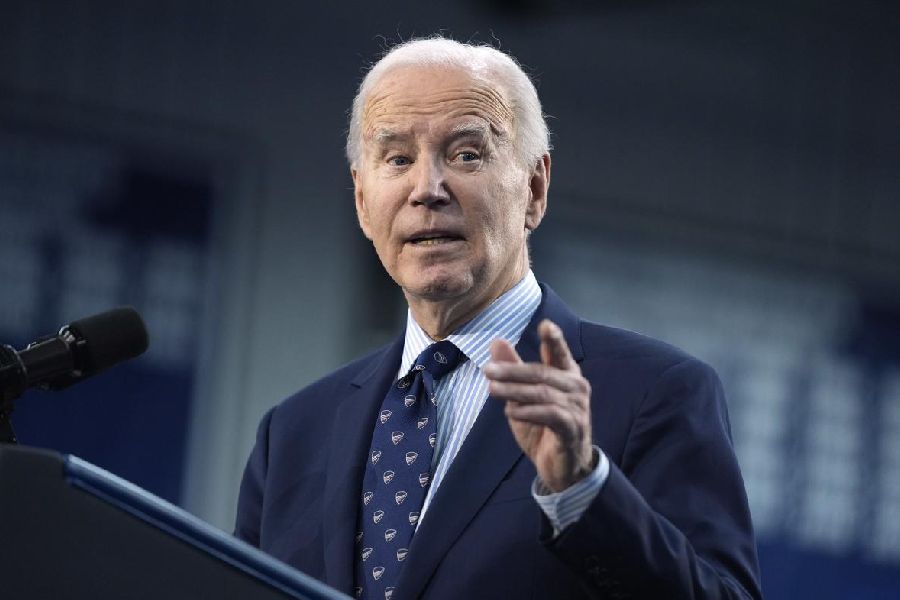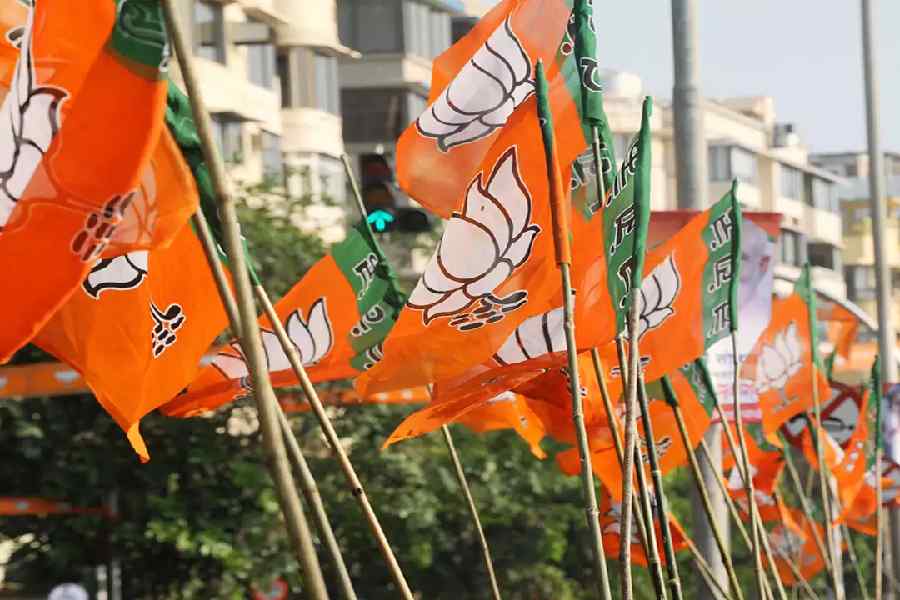North Bengal was draped in saffron on Thursday, swept up in a Narendra Modi wave that took the BJP to victories in seven of the region’s eight Lok Sabha seats and two of three Assembly bypolls held with the general election.
The only Lok Sabha seat where the BJP could not come up trumps was Malda South, which the Congress retained for the third time in a neck-and-neck contest.
While Trinamul lost all its four seats in north Bengal, the Congress ceded one of its two seats and the Left its sole seat in the region.
In 2014, the BJP had won only Darjeeling, just as it had in 2009. Its vote share in north Bengal was around 22 per cent. This time, the share jumped to 46 per cent.
“Although Trinamul has increased its share in some of the eight seats, it had to face defeat as the share of BJP also climbed in north Bengal. There were some areas, like Darjeeling and Alipurduar, where the party had shown indications of growth in support in 2014 and in subsequent elections. But this time, it is clear that a considerable number of Left and Congress voters have swung to the BJP,” said a political observer.
After the elections were announced this year, both Narendra Modi and Mamata Banerjee kicked off their Bengal campaigns from this region on March 3. Modi held his first rally in Siliguri, while Mamata had spoken at Dinhata in Cooch Behar.
Since her first meeting, Mamata had been critical of BJP-ruled Assam on the NRC issue and the Citizenship Amendment Bill. She had harped on the theme across the state.
“In some parts of north Bengal like Cooch Behar, Alipurduar and Jalpaiguri, Mamata Banerjee’s NRC pitch went against her party. This is because a considerable section of people, whose family members and relatives live in Assam, were aggrieved with the state government,” an observer said.
This is because these people were worried as names of their family members and relatives did not figure in the NRC, reportedly because of delay on the part of the Bengal government in finishing verification of their documents which were sent from Assam.
“Thousands of people are still facing problems due to this delay and have been running from pillar to post to collect documents. The chief minister, instead of taking initiatives to help them, went after the BJP and tried to play the NRC card to consolidate votes,” the observer added.
The rise in the BJP’s support — right from the tea belt of the Dooars to the hills and to the remote areas of Malda, and the North and South Dinajpur — is because of a number of other local reasons, said Trinamul insiders.
“The minimum tea wage is yet to be fixed by the state and this is one issue the BJP has highlighted during its campaign. Also, the steady penetration of the RSS in tribal areas and in remote villages is yet another reason that has helped the BJP gain support,” said a senior Trinamul leader in Jalpaiguri.
In the hills, the identity politics and the statehood helped the BJP. Also, the GNLF, its new ally, gave the BJP a renewed presence in hills where it had been struggling until a few months back.
“A group of people had gone silent after the statehood agitation (in the summer of 2017) as the administration and the state took stringent steps to restore normality. It is clear now that a strong resentment was brewing against the state among them and they have voted against Trinamul and Binay Tamang to pass the missive. Even Mamata Banerjee’s strategy to play the development card could not bring votes in her favour,” said a veteran in hill politics.
A senior Trinamul MLA from Cooch Behar, when asked about the results, said like other parts of Bengal, a major section of rural voters were upset because they had not been able to vote during the panchayat elections last year because of alleged intimidation and uncontested victories for the ruling party. “We have introspect,” the MLA said.

